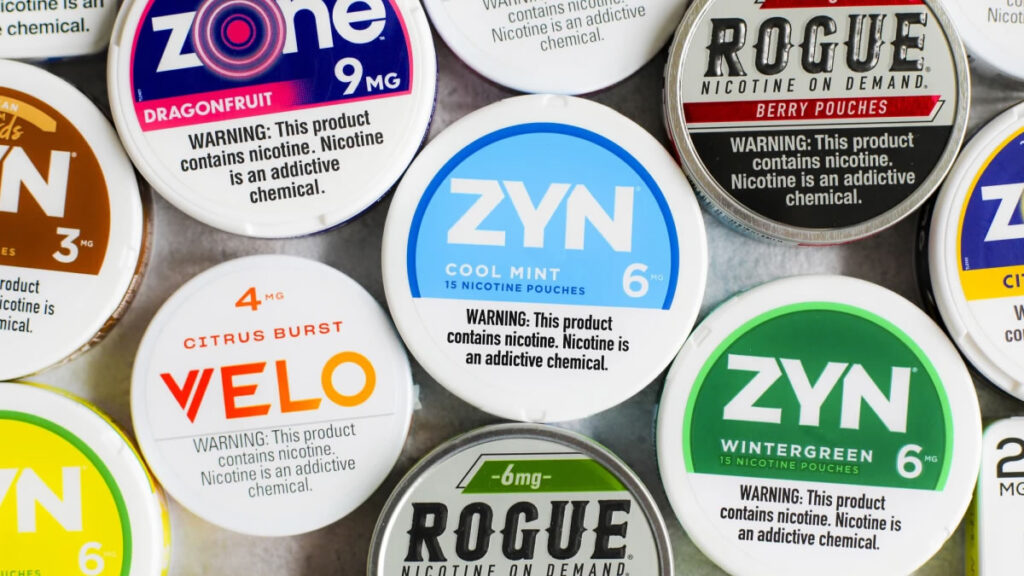Accidental nicotine poisonings in young children from oral nicotine pouches have surged by more than 760% between 2020 and 2023, making them a fast-growing source of nicotine exposure for kids under six, according to a new study. Researchers at Nationwide Children’s Hospital in Ohio analyzed over 134,000 cases of pediatric nicotine ingestion over more than a decade and identified this alarming trend.
The study, published in the journal Pediatrics, highlights the unique dangers posed by these products. Nicotine pouches are small, white packets filled with flavored nicotine powder that users tuck between their lip and gum. Their sweet taste and candy-like smell, often combined with colorful packaging, make them particularly attractive to toddlers who may mistake them for food. "It’s a high-concentration nicotine product, and it tastes good," said Dr. Natalie Rine, director of the Central Ohio Poison Center and a co-author of the study. "There’s nothing telling the kid, ‘this is bad, you should spit it out’ … and that’s where you get into trouble."
The health consequences can be severe. The study found that nicotine pouches were associated with a **150% greater risk of serious medical effects** and were **twice as likely to lead to hospitalization** compared to other smokeless nicotine products swallowed by children, such as gums, lozenges, or e-liquids. Even small amounts of nicotine can be dangerous for young children; ingesting just 1 to 2 milligrams – less than what's in a single regular-strength pouch – can cause serious symptoms like nausea, vomiting, and tremors, according to the National Library of Medicine. While the vast majority of the 134,663 pediatric nicotine ingestions analyzed resulted in little to no harm, over 1,600 children had serious medical outcomes, and two children died after ingesting liquid nicotine.
This rise in accidental poisonings coincides with the growing popularity of nicotine pouches among teens and young adults, where they have become the second most-used nicotine product. The National Youth Tobacco Survey found that nicotine pouch use among teens doubled between 2021 and 2024.
Dr. Rine recommends that parents and caregivers avoid using nicotine pouches in front of children to prevent imitation of potentially risky behaviors. She also strongly suggests keeping all nicotine products physically out of children's reach and having conversations with other caretakers, like babysitters and extended family, to ensure they do the same. If a child is suspected of ingesting a nicotine pouch, the first step should be to call Poison Control immediately at 1-800-222-1222 for expert guidance.

Vape Lifestyle & Advocacy Blogger
Chloe Evans, widely known as "CloudChaser Chloe," is a prominent voice in the global vaping community, celebrated for her vibrant personality and keen focus on the lifestyle aspects of vaping. Based in the creative hub of Portland, Oregon, Chloe's content blends fashion, art, and harm reduction, offering a fresh perspective on the vaping world. She aims to demystify vaping for adult consumers and challenge outdated perceptions, promoting a responsible and enjoyable experience.




